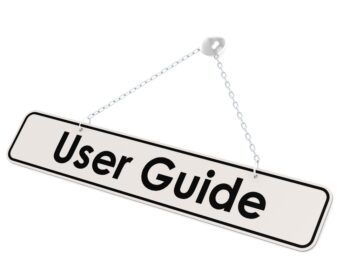Adjuster Control and Guidance
One of the most frequent concerns heard about insurance companies is they settled a claim without the companies input. To make sure this doesn't happen, include in the account instructions information stating your company has "settlement authority."
The workers' compensation coordinator should know the capability and skill level of the adjuster(s) assigned to your program. If your insurance company or your TPA has a revolving door of adjusters, or if the insurance company/TPA is using your program to train their trainees, it is time to get another insurance company or TPA. The selection of experienced adjusters for your program will be cost beneficial.
While you want experienced adjusters handling your claims for your company, you do not want the experienced adjuster who has learned every "short-cut" and takes every "short cut" on your claim files. These "short cut" adjusters are not taking pride in the quality of their work product and often are more concerned about getting the claim closed and off their desk than anything else. The extent of their investigation will be limited and their settlement evaluations will be higher than the other adjusters in their office. Your company needs to insist on the right to approve/disapprove the adjusters handling your claims.
Your workers' compensation coordinator needs to have access to the claims handling system of the adjusters, thus allowing your company to monitor the status of the serious claims or all claims if you elect to do so. Your workers' compensation coordinator will be able to see which adjusters are complying with the Best Practices for claim handling, and which adjusters are not complying with the Best Practices. You can then have the adjusters who are not doing their best on your claims to correct their claim handling ways or be removed from handling your work comp claims.
Once you have a team of experienced adjusters complying with the Best Practices, your workers' compensation coordinator needs to maintain regular contact with the adjusters by either telephone, e-mail, or direct input of instructional notes in the claim file system.
When a conflict with an adjuster arises, for example the adjuster wants to settle the claim and your company does not believe the claim is legitimate, remember it is your company's money paying for the claim, whether it is through self-funding or higher premiums. Your company should insist at the time the program is set-up n the right to make the final decision on whether or not a claim is paid. (There are a few states where the employer's right to have input into the handling or settlement of claims has been taken away by state statutes, so know the work comp statutes of the states where you will have claims). (workersxzcompxzkit)
Unfortunately, many TPAs and some insurance companies have the bad practice of setting quotas for the number of claims closed each month or quarter. While the claim "closing quota" may be good for the TPA or the insurance company, it may not be good for your company. If you review your claim loss run, and you notice you have a disproportionate number of claims closing in the last week of the month, you may have a problem with a closing quota. If the adjuster is "paying a little extra" to get the claim closed now, those "little extras" will soon add up to higher premiums for your company.
Author Robert Elliott, executive vice president, Amaxx Risks Solutions, Inc. has worked successfully for 20 years with many industries to reduce Workers' Compensation costs, including airlines, health care, manufacturing, printing/publishing, pharmaceuticals, retail, hospitality and manufacturing. He can be contacted at: Robert_Elliott@ReduceYourWorkersComp.com or 860-553-6604.
"FRAUD PREVENTION" PODCAST click here: http://www.workerscompkit.com/gallagher/mp3 By: Private investigator with 25 years experience.
WC Books: http://www.reduceyourworkerscomp.com/workers-comp-books-manuals.php
TD Calculator: www.ReduceYourWorkersComp.com/transitional-duty-cost-calculator.php
Do not use this information without independent verification. All state laws vary. You should consult with your insurance broker about workers' comp issues.
©2009 Amaxx Risk Solutions, Inc. All rights reserved under International Copyright Law. If you would like permission to reprint this material, contact Info@WorkersCompKit.com


























